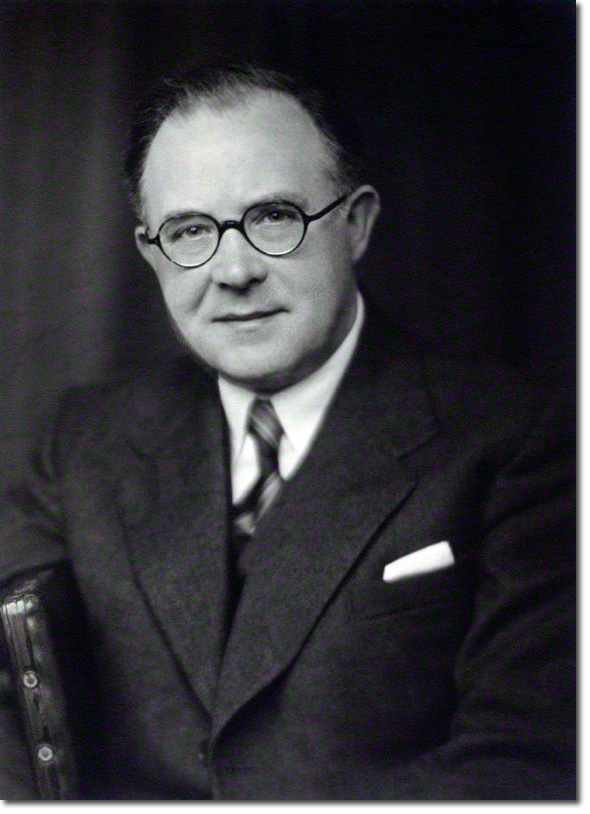|
|


|
|
In August 1945 Creech Jones entered the Colonial Office, where he served as parliamentary under-secretary of state from October and later as secretary of state for the colonies until his narrow defeat in the general election of 1950. He did a great deal to reorganize the Colonial Office and to reshape the colonial service in order to meet the changed and increasing needs of the colonial peoples, founding the Colonial Development Corporation and fostering colonial research projects. He paid several visits to the colonies and represented Britain at the United Nations during the debates on the cession of the Palestine mandate in 1946 and 1947–8. In preparing British dependencies for political independence Creech Jones was deeply involved in reforming their constitutions and promoting their economic and social development. His memorandum on local government issued in 1948 confirmed the government's intention gradually to transform indirect rule to responsible government. Ceylon was the first colony with a non-European population to achieve independence. Creech Jones presided over the Montego Bay conference on West Indian federation in 1947 and over the first African conference at Lancaster House in 1948.
Creech Jones consistently maintained that adult education was a necessary preliminary to self-government and encouraged the development of mass education in the colonies through films, broadcasts, and education schemes run by trade unions and co-operatives. Adult education in Britain had always been one of his prime concerns since he himself had benefited so much from it. He was a governor of Ruskin College (1923–56) and from 1954 also of Queen Elizabeth House, the Institute of Commonwealth Studies in Oxford where groups of mature students from Britain and the dependencies could take specific courses of study relevant to their work. He was also a vice-president of the Workers' Educational Association and a vice-chairman of the British Institute of Adult Education. Picture courtesy of The National Portrait Gallery |
Wind of Change in Songea Article
Armed Forces | Art and Culture | Articles | Biographies | Colonies | Discussion | Glossary | Home | Library | Links | Map Room | Sources and Media | Science and Technology | Search | Student Zone | Timelines | TV and Film